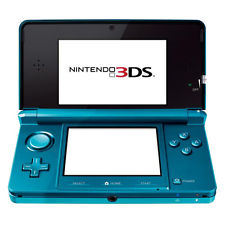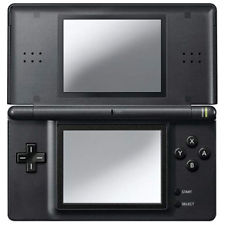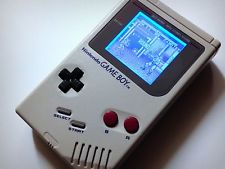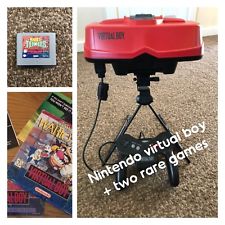|
November 22nd, 2019, 22:52 Posted By: wraggster
In many regards, the problem that developers of Pokémon games face is one that other developers would give their right arm for. They are working on a franchise that has done a remarkable job of holding its audience and its cultural relevance for decades, mixing a slow and careful evolution of the core games with more bold moves in other media and companion games (the most notable, of course, being Pokémon Go) in a way that has effectively retained older players while continually bringing younger players into the fold.
That's a remarkable legacy, but it does create challenges of its own -- not least of them being, with a major series overhaul like Pokémon Sword and Shield, the question of how to ensure the series meets the demands of those very disparate audiences, from adults who first played Pokémon in the '90s to tweens who'll encounter it for the first time with this game."All those people who have played Pokémon games since the '90s have grown up and gone in different directions in terms of their tastes"
What makes this particularly tricky is that we're not talking about a binary split in the audience between adults and kids. That rather misleading over-simplification has done the rounds over the past week, as a small but vocal group of adult fans have taken issue with a number of perceived issues with the new games, from complaints about graphical fidelity to annoyance at the decision to prune back the increasingly long list of creatures which has grown with each game in the series to date. These supposed flaws and others are occasionally blamed upon, or explained away by, the primary focus of the series being children -- with Nintendo and developer Game Freak thus deprioritising things that the adult audience finds important.
That's not entirely the case, though, because the reality is that the "adult audience" for a game like this is not one monolithic group. The real complexity, and challenge, lies in the fact that there are many different and diverse audiences encompassed in that simplistic term, because all those people who have played Pokémon games since the '90s have grown up and gone in quite different directions in terms of their tastes, preferences and gaming habits.
Some of them, perhaps even most, are fairly casually engaged with games overall, don't play many console games and will buy a new Pokémon title for a nostalgia hit - or perhaps even to introduce their own kids to the franchise. Some are just core fans of the franchise who buy each installment and make it a key part of their gaming identity; and others still have migrated into 'core' gaming (with all that entails) while still wanting to engage with Pokémon for nostalgia, or to revisit the formative role it played in their interests. There's a wide and varied spectrum between all of those points, with many players falling in every imaginable position along it.
https://www.gamesindustry.biz/articl...k-ball-opinion
For more information and downloads, click here!
 There are 1 comments - Join In and Discuss Here There are 1 comments - Join In and Discuss Here
|
|
 NES
NES










